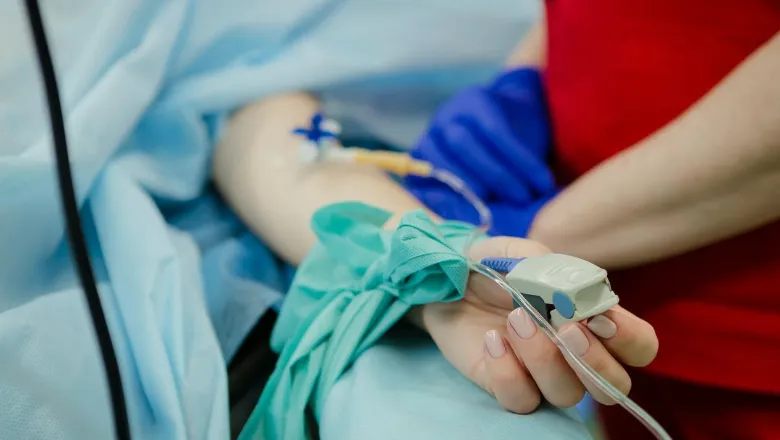Doctors and researchers quickly realised that reactions to SARS-CoV-2 (coronavirus) infection vary widely between people, and that obesity and type 2 diabetes, as well as other factors, increase the risk of suffering from severe COVID-19. Through this research, we show that people living with these conditions often have lower gene expression levels of ACE2 in their fat tissue compared to the general population.
Lead authors Dr Julia El-Sayed Moustafa and Dr Kerrin Small, from the Department of Twin Research & Genetic Epidemiology
17 August 2020
Molecule in fat tissue could be linked to severe COVID-19, study finds
Low levels of a key molecule in fat tissue are linked with health conditions that are risk factors for severe COVID-19.

A pre-print paper published this week in medRxiv by researchers from King’s TwinsUK study examined the role of ACE2, a molecule in the body cells that regulates processes in blood vessels.
The molecule can help to control blood pressure, wound healing, inflammation and also plays a key role in managing heart and kidney functions. Recent research shows that the SARS-CoV-2 virus also uses ACE2 molecules in the body as a gateway to infect the body’s cells.
Researchers sought to understand the link between ACE2 and severe COVID-19. Previous studies have shown patients conditions such as obesity, type 2 diabetes, and patients with heart and kidney problems, are more like to suffer severe COVID-19.
The body makes ACE2 molecules using instructions provided by the ACE2 gene. The researchers analysed ACE2 gene expression levels in fat tissue from over 760 TwinsUK participants and a further approximately 700 participants.
Results showed lower levels of ACE2 in the tissue is associated with cardio-metabolic conditions which are risk factors for severe COVID-19.
They continued: “Fat tissue is important not only for energy storage, but also for signalling in the body. Further studies will be needed to establish whether lower starting levels of ACE2 gene expression in this important tissue then contribute to COVID-19 severity.”


